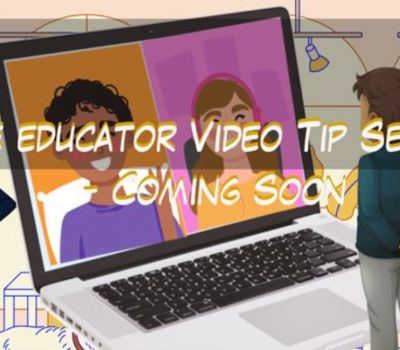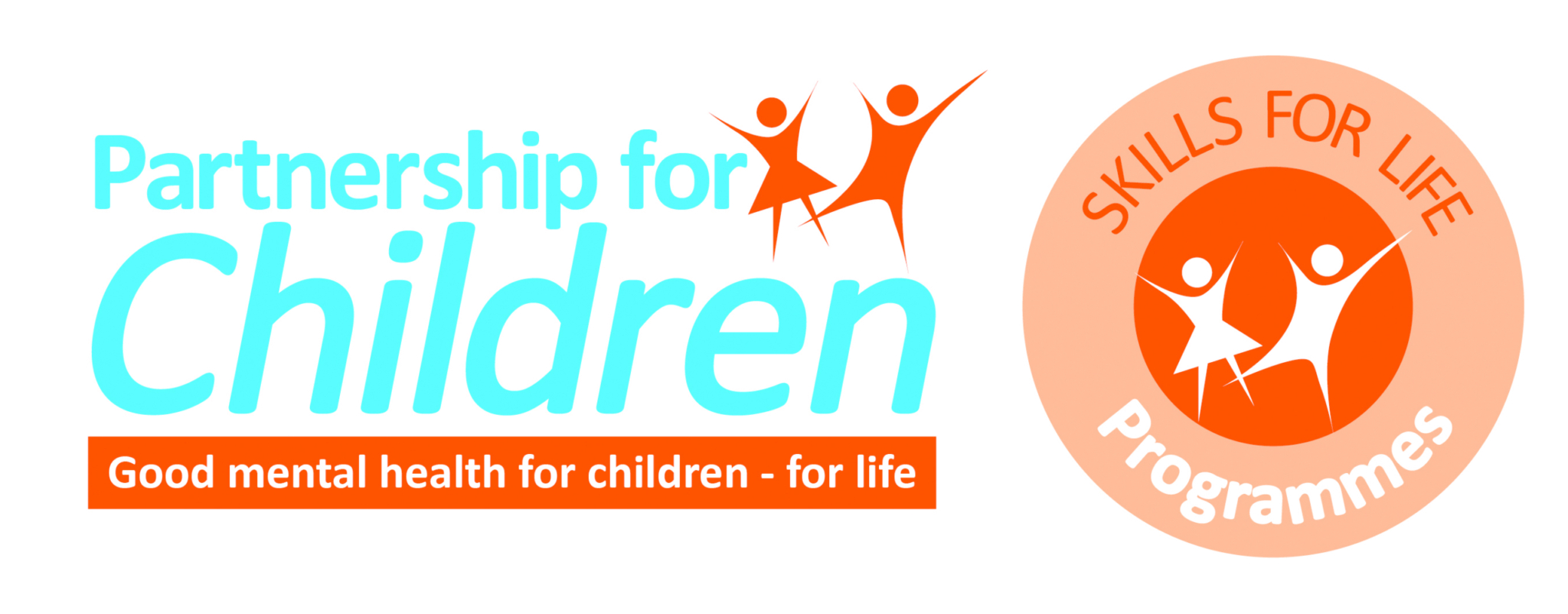

When she was asked to work with Partnership for Children to create some wellbeing cards for Early Years, Jayne Carter began by looking into how kids are feeling at the moment.
Many had worries and missed their friends but they were enjoying being home and doing different things.

I have been part of the Partnership for Children family for 12 years now (how time flies!) & have felt supported & nurtured as we develop, deliver & support practitioners in helping their children to thrive & cope.
I was given the privilege of developing, in partnership with Oldham Opportunity Area & Oldham Council, a series of Early Years activity cards which would add to the extensive programmes already in place for children & young people. (Please visit the website to find out more about Zippy’s Friends, Apple’ Friends & Passport programmes).
The cards I needed to develop were activities for parents & activities for practitioners.
I set about planning the parent’s cards…
It was important to me that the cards I developed moved from being just ‘fun’ cards (although I did want them to be fun of course…) but were also going to support both the adults & the children in understanding what it feels to be emotionally well. I wanted to keep this purpose, like everything Partnership for Children do in the forefront of my mind, using their ethos statement ‘Good mental health for children-for life’ as my guider.
Next questions for me to think about….
What are our youngest children thinking about now?
What are their worries?
Lots of conversations with my colleagues, friends & family helped me build up a picture of what their worries were. These had a real effect on me in terms of an insight into their minds & concerns (not seeing their friends, worried that they wouldn’t be able to play outside, concerns over a ‘bug’, some saying that they didn’t like the change in their routine, some sharing that they felt ‘different/funny’.. many though saying that they liked being at home more)
The cards were organised into the following themes: feelings, communication, friendship, problem solving, change & loss, moving forward. All of these themes form part of the current programmes too. My intention was to provide a ‘way in’ for schools wanting to implement the programmes within their whole school plan for children’s emotional wellbeing.
The design of the cards included a summary of how the activity/game would support their children’s social & emotional skills to highlight the significance of the themes chosen:
feelings– where we help our children understand & recognise all the different feelings they may be experiencing as well as playing lots of games which should hopefully make them feel great.
communication– where we play lots of games for you & your child to talk together & develop key communication skills like listening.
friendship– where we celebrate what makes our friends special & think about all the great things we like doing together.
problem solving– here we set lots of challenges which help your child to find solutions to different problems & have fun finding out together.
change & loss is an important aspect for your child to know about as it helps them understand that everything goes through a pattern of change & its ok to do this.
moving forward– very important if your little one is getting ready to either go to nursery or school for the first time or returning in some form. Preparing your child for this new pattern of their routine should help them get ready in their minds which then helps them feel a little less anxious.
Instructions of how to play the game & key things to say whilst playing with the children were also included on the cards.
Next question for me was ‘what was important in early years?’ This was the perfect opportunity to be creative yet focused on the fundamentals of early years practice: engagement, activities which support the developmental needs of children, their interests, patterns of behaviour, attachment & interactions.
The final cards developed were: Feelings: Box of Feelings, Wiggle & Dance, Relax,
Communication: Storybag, Hide & Seek, Kitchen Band
Friendship: Teddy Bears Picnic, Our friends, Storytime with our Friends
Problem solving- What’s Gone?, Obstacle Course, All the Colours of the Rainbow
Change & loss: Thinking of You, Snuggle Book Corner, Look How I’ve Changed
Moving forward: Journey to Nursery, Pack my Bag, I Choose
I love all the cards but my particular favourites are: Wiggle & Dance, Kitchen Band & Look How I Have Changed. ‘Wiggle & dance’ gives both the adults & the children the opportunity/permission to have a good old boogie & who doesn’t feel better after that?! ‘The kitchen band’ reminds me of my own orchestra where I emptied the cupboards & composed works of high level musicality! ‘Look how I have changed’ is the perfect excuse to look back at the many photos & relive memories of times together & chat about special people.
Accompanying these cards, was a short film about how they could be used (made to be shared with families). A leap from behind the safe place of my laptop! After carefully coordinating lockdown haircuts & setting up in every room in the house to ensure the correct lighting was in place (not actually sure what that was but apparently, it was necessary!) the script was written & time for filming. 15 takes later, fuelled by copious amounts of coffee, it was complete.
I truly take my hat off to anyone doing this every day…so annoying when you fluff your second-to-last word!
The film was a useful opportunity for me to explain some of my thinking behind the cards & was important in emphasising in particular how the adults should & could have a good time (permission granted!).
I included these top tips which I hoped would highlight this:
Feeling content & settled is an important feeling for all of us to experience & aside from the current situation we find ourselves in, moving through life brings its own unique challenges for our children. For our very youngest children, helping them build up their levels of resilience & coping really builds strong foundations so they are able to tackle anything life throws at them.
Have lots of fun playing together with your child & share lots of special moments together.
Moving onto the cards for practitioners…
Again, the same themes were chosen with key early years ideas included but this time I also needed to add how these activities could offer both support & challenge. The ‘more ideas’ section also included ideas on how activities could form part of a whole school approach by including other classes or key members of staff to take part in them. Including families was also included to enhance current partner partnership approaches.
The cards developed were:
Feelings: Feelings Dice, Nature Faces & Special Treasures
Friendship: Compliment Circle, Friendship High 5 & Mini Me…Mini You
Solving Problems: Rescue the Toys, Freeeeze! & Den Building
Change & Loss: Moving House, Spot the Difference & The Invisible String.
Moving Forward: Memories, This is Me & When I’m Older.
My biggest challenge here was deciding which of the page full of activities I wanted to include!
This time, rather than an information type film, I was asked to plan & deliver a voiced online training session. After several rewrites on my part to ensure that just the right kind of information was shared as well as providing time for people to start thinking about how to use the cards for their own children & families, I created a script which hopefully supported both of these aims.
Key points included: the importance of PSED skills for children:
Thoughts behind the cards:
One of the main aims of these cards is to provide a ‘way in’ to start conversations with children about how they are feeling & help them to make decisions which improve their own personal sense of emotional wellbeing.
Other intentions behind the development of these cards were to…
Really important to me is that they were planned as shared activities, where you explore the themes alongside your children, so I hope you have fun too!
Some of the activities shared were:
Rescue the Toys is a challenge-based activity whereby the children need to work together to solve the problem of safely transporting their toys from one part of the room to another. The adult’s role here is to provide a collection of resources which could be useful & act as a guide to the children’s ideas. You can see on the card that the children’s ideas are the most important aspect of this challenge; they are recognised & included in future challenges. This goes a long way to making sure that they feel valued & could increase engagement.
From my point of view, developing a resource like this gave me the opportunity to return to what is important in my own early years beliefs & helped me to reflect on the importance of how to support, challenge & empower our youngest children.
“So easy to access. I am thinking I may create physical learning packs using these resources to support vulnerable children/families in addition to our existing online learning/support.”
“Great to share with parents both now and if our bubble went off so part of our online learning”
Hannah Craig, Programme Director at Partnership for Children says,
‘Our school-based mental health promotion programmes start from age 5, with the programme Zippy’s Friends, however, we know how important it is to support the development of younger children’s social and emotional skills and were delighted when Oldham Opportunity Area approached us about developing resources for Early Years. Working with Jayne who has extensive experience in Early Years Education and knows the Skills for Life programmes very well, we were able to create a fantastic range of home and school-based activity cards all linked to the key areas of our Skills for Life programmes. We are so pleased to be able to offer these free to parents/carers and practitioners to support young children’s wellbeing during these challenging times’


You must be logged in to post a comment.
Hi I’m really interested in this as it’s exactly where we are in school right now- developing COEL in KS1 to support metacognition